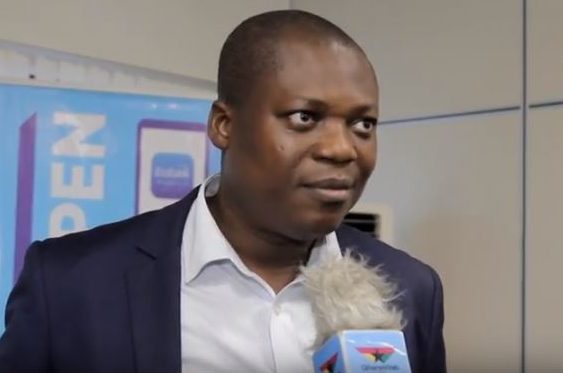Panelists at a post-2019 budget discussion at the University of Cape Coast School of Business on Friday, November 16, admonished government not to slip into the usual temptation of going back to the things that led to an IMF engagement.
[ads1]Prof John Gatsi who was the chairman of a roundtable discussion where students and lecturers participated indicated that the history of rebasing and exit from an IMF program always led to over-borrowing and return to indiscipline which later impaired economic governance.
He admonished government to see 2019 as an opportunity to demonstrate a commitment to valuable lessons over the period to avoid slippages.
Dr. William Cantah recognized the relative stability of the economy and called on government to ensure efficient distribution of public funds. He said NABCO is important to reduce the psychological threat of unemployment among the youth but lacks efficiency of distribution of national revenue.
Dr William Kantah contributing to the Department of Finance post budget discussion praised the macroeconomic performance but questioned the commitment of government to domestic private sector as access to credit to private sector.
He also questioned why world bank statistics indicated 24% of the population being poor saying “why introduce Free SHS for all and divert a chunk of petroleum revenue to finance the program”.
Mr. Seyram Kawor who was also a panellist encouraged Ghanaians to register for their TINs to help in tax administration reforms but warn that the government is losing its acclaimed flexible orientation to businesses.
Contributions from the students show that the commitment by the government to the development of indigenous businesses is not back by evidence in the face of the continuous collapse of Ghanaian owed businesses.
They complained that government elaborate support for foreign automobile companies in the budget but show no commitment to Kantanka Motors.
Dr. Samuel Dadzie, a panellist and agricultural economists welcomed the new model to the planting for foods and jobs but advised government to improve implementation of the program to deal with limitation of productivity and ensure enhanced contribution to the economy.
The panelists call for commitment to the infrastructure plan for 2019. During question time students call for inclusion as panelists for the 2020 budget discussion,







